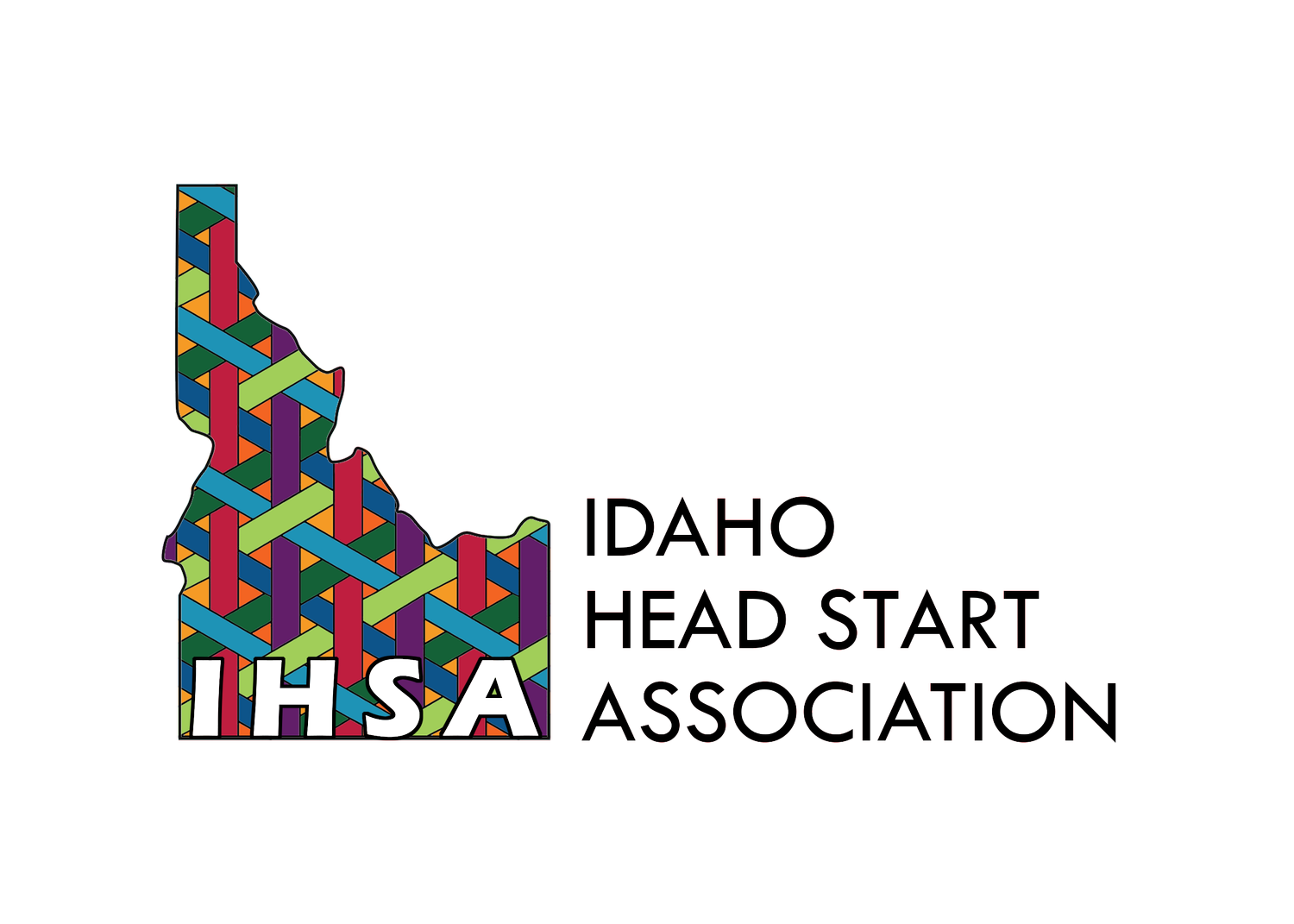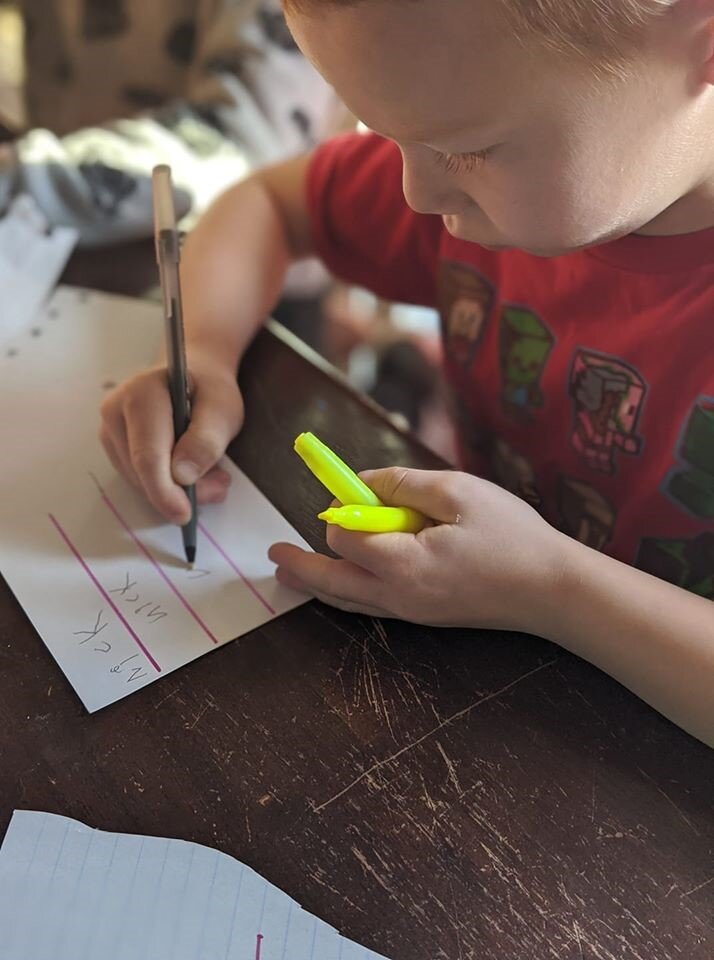Representative Melissa Wintrow checked in with the Idaho Head Start Association in May 2020 to find out how our families and children are doing during the COVID pandemic. She voiced concern that remote learning and the challenge of sheltering at home is causing a higher level of family stress and compromised learning opportunities. She posed these very important questions.
How are the parents doing? Have folks been able to access unemployment benefits if needed? What are you seeing as the larger family needs that are also impacting the kids and the whole family during this crisis?
This is the reply from Lisa Burke, Executive Director, Friends of Children and Families.
For the most part parents are doing well. Friends of Children and Families (FOCAF) has been able to offer additional support to our Head Start families that has helped them manage the additional stress. FOCAF continued to provide learning opportunities for children, interactive activities for families and at-home learning exercises. For parents, FOCAF continued to provide parenting classes and activities, resources for mental health, physical health, food, clothing, housing, and finances.
FOCAF partnered with the local school districts for food, but not all our parents were able to get to the distribution sites, and the food was only for children. FOCAF was able to deliver weekly food boxes to families that had additional needs. Those boxes served the entire family.
FOCAF stayed in constant contact with families but individualized our outreach based on each family’s need for support. The positive feedback we received from families was overwhelming with many stating that they didn’t think they would have made it without our support.
Most of the parents reported they have been able to access unemployment benefits if needed, however there were a few parents that were still waiting to receive money.
FOCAF is seeing food insecurity, mental health issues and fear of the future as the larger family needs. For our families, food insecurity is a constant worry, more than for families that have incomes above the poverty level. This pandemic has exacerbated the families’ ability to obtain food and feel secure about where their next meal will come from.
Job insecurity plays into this and only makes the fear of the unknown and future larger. We have seen an increase in requests for mental health resources and, sadly, our community is already challenged in this area if you are a low-income family.
All three of these issues can and do have a negative impact on the whole family. While many families, regardless of income, have fears about the future, these fears are even greater when you faced food insecurity or mental health issues prior to the pandemic.
As a Head Start/Early Head Start program we have been able to help families with food security, mental health, and fear of the future, but I worry about all the families we can’t support. Between Ada and Elmore County, FOCAF only has enough Head Start and Early Head Start slots to meet 12% of the need. That means 88% of families in our service area don’t have access to our support.






